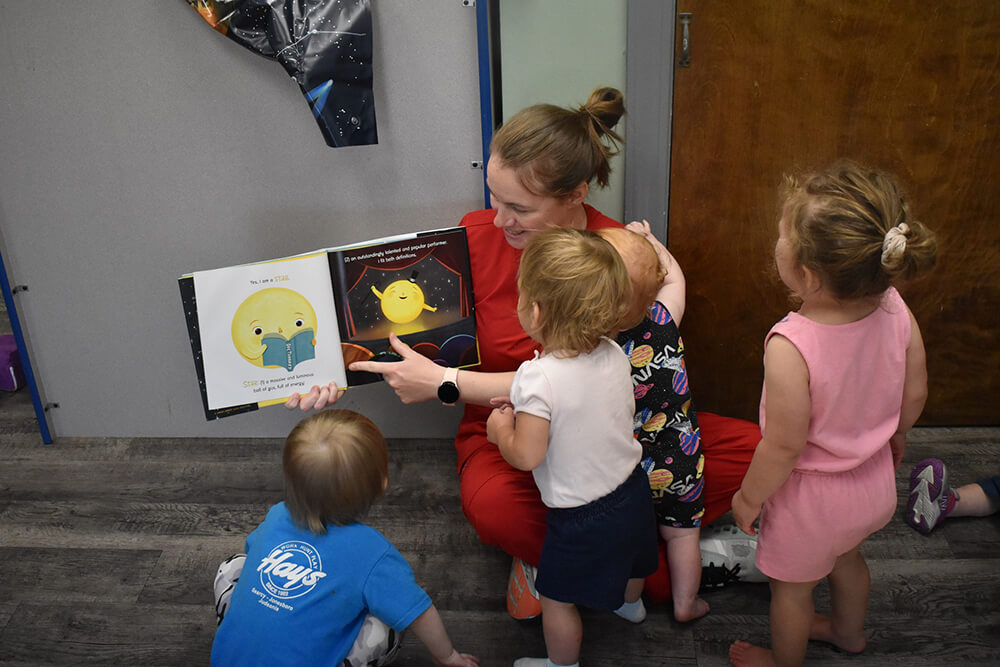404
Page Not Found.
Oops! It looks the page was not found!
Please verify that the URL and spelling is correct for this page and try reloading the page or visit our home page here.

Please verify that the URL and spelling is correct for this page and try reloading the page or visit our home page here.

© 2025 Miracle Kids Success Academy. All Rights Reserved.
Privacy Policy | Accessibility Statement | Do not sell or share my personal information